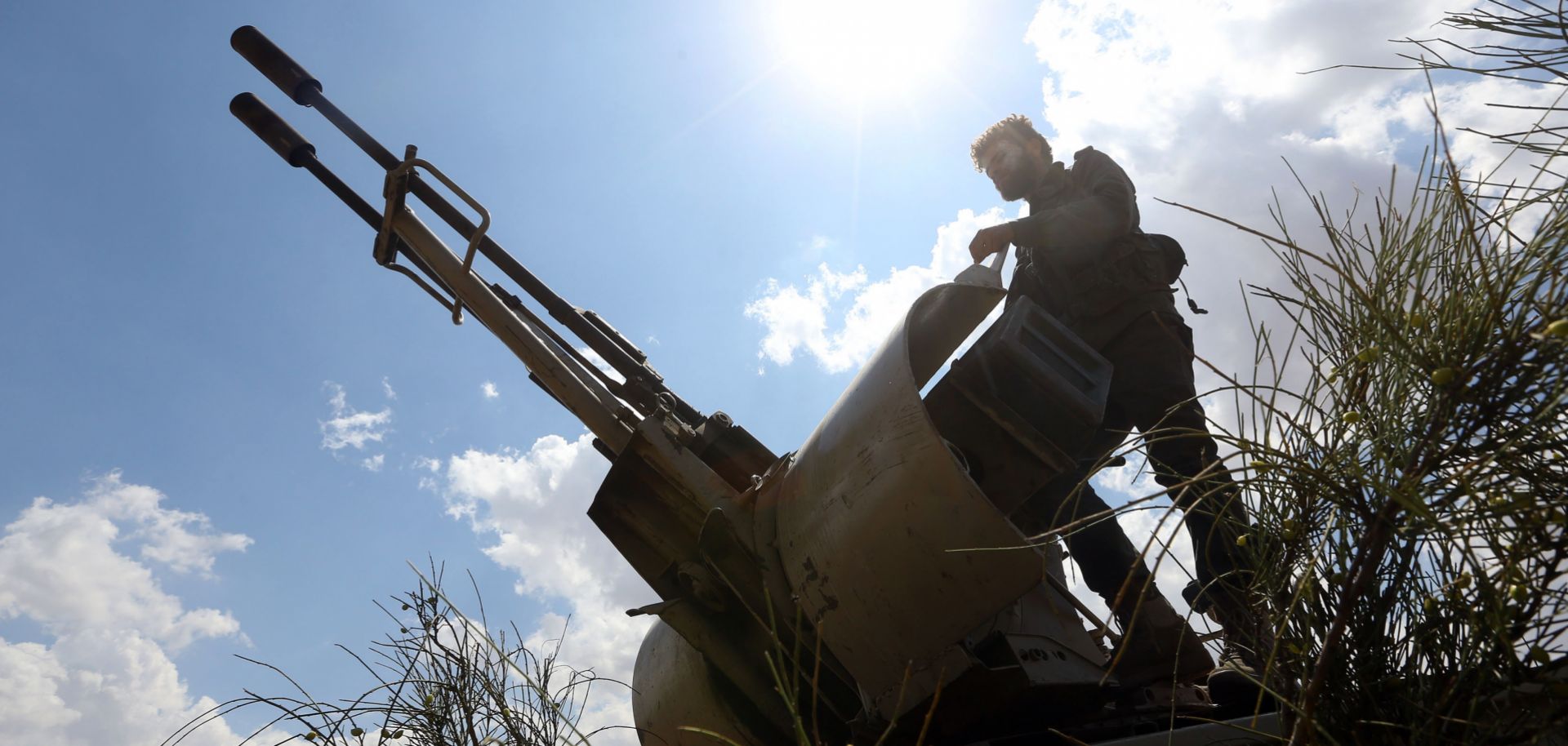ASSESSMENTS
An Escalation in Tripoli Pushes Libya to the Brink of Open War
Apr 16, 2019 | 10:30 GMT

The latest round of fighting between Libya's Government of National Accord and the Libyan National Army near Tripoli has killed 121 people as of April 14, 2019.
(MAHMUD TURKIA/AFP/Getty Images)
Highlights
- By launching a military offensive on Tripoli, Khalifa Hifter has made it clear that he views himself as the sole solution to Libya's political crisis, and that any negotiations to weaken his control of the Libyan National Army (LNA) are unacceptable.
- Hifter's staunch commitment to these tenets will continue to prove problematic for outside efforts to unify Libya's competing governments, and will make it difficult for him to agree to a cease-fire.
- France, the United Arab Emirates, Egypt and Russia will continue to support Hifter militarily and politically — not wanting to lose their investments in him as a leader over the past five years.
- The offensive has also likely ended the possibility of any political negotiations between the LNA and the Government of National Accord for the time being by hardening Western opposition to Hifter.
Subscribe Now
SubscribeAlready have an account?
